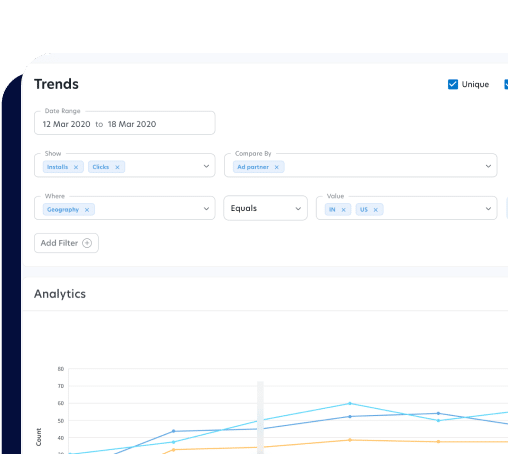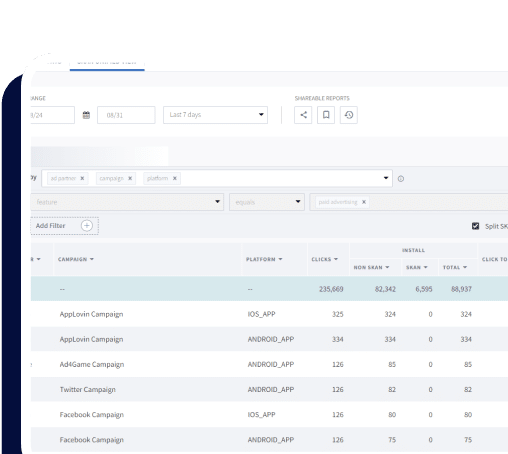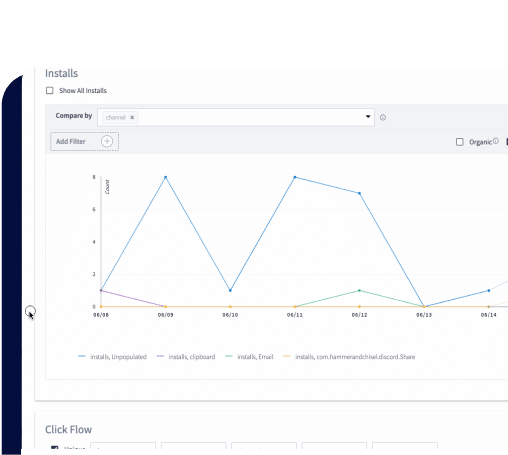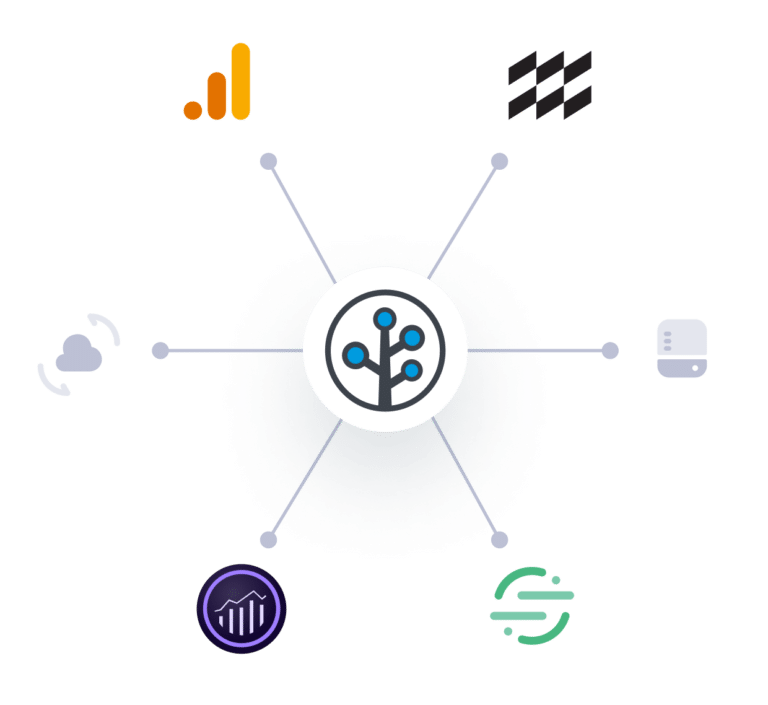What is IPv4?
IPv4 refers to the fourth iteration of internet protocol (IP). Like previous and later versions, IPv4 creates a unique string of numbers for every device connected to the internet. However, it only has a limited number of unique identifiers available. Later versions of IP address this limitation by providing more unique IP addresses.
IP (version 4) addresses are made up of 32-bit integers that can be expressed in hexadecimal notation. IPv4 still routes most of today’s internet traffic. However, IPv4’s global IP address supply is running out of space, as 32-bit address space limits the number of unique hosts to 232, which is nearly 4.3 billion IPv4 addresses for the world to use.





















